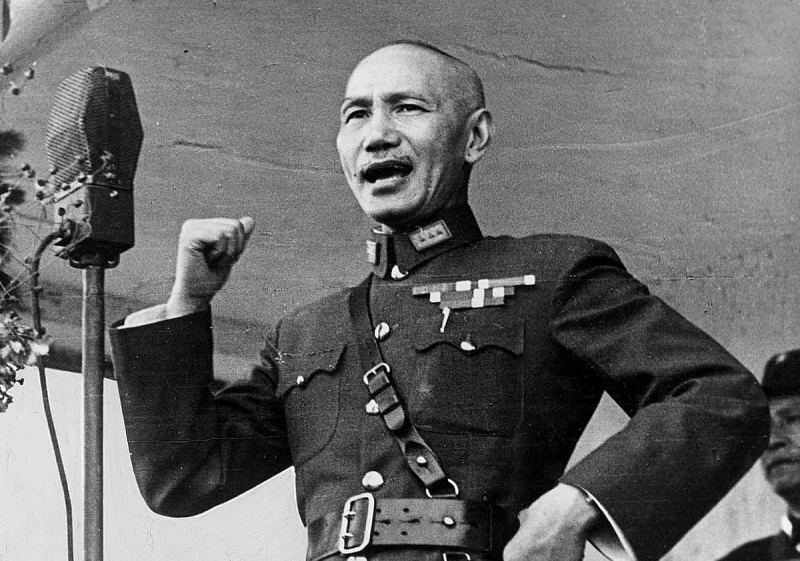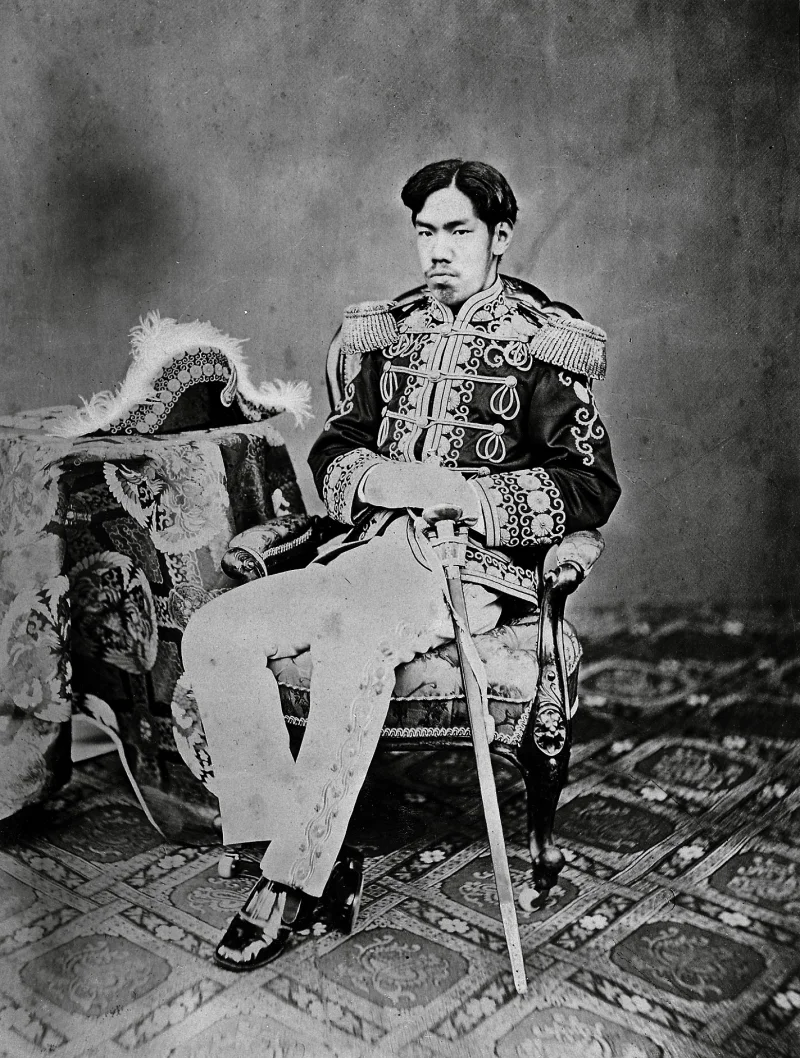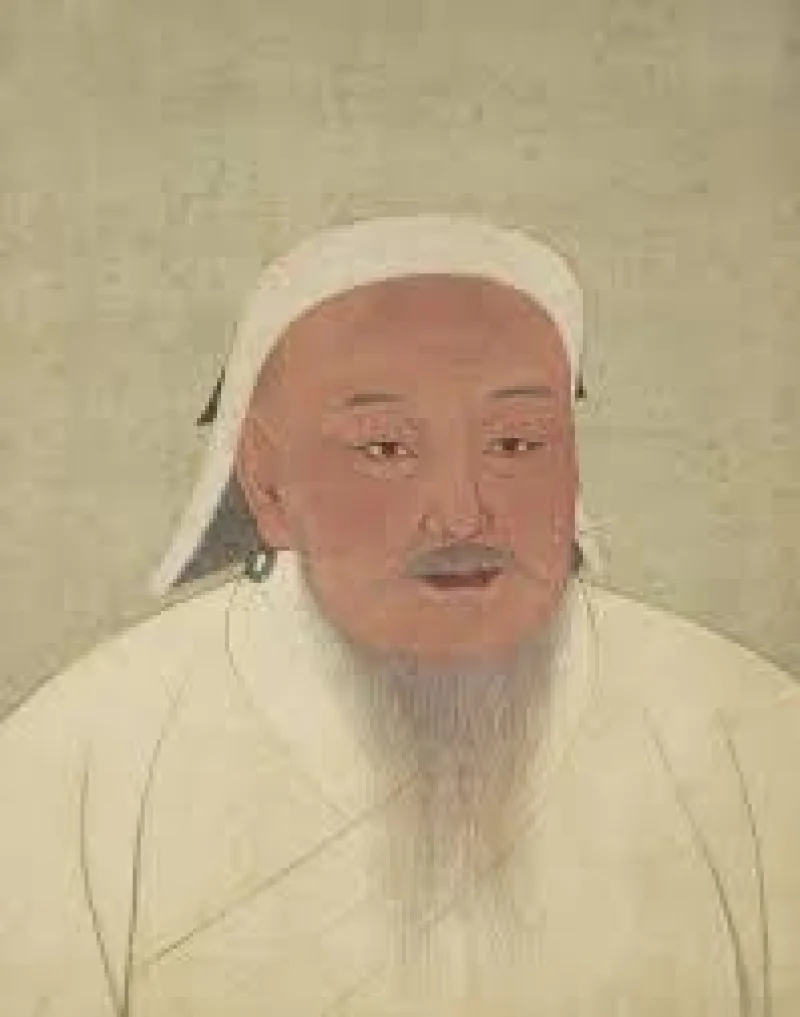Short Summary
Chiang Kai-shek was a prominent Chinese political and military leader who played a significant role in the history of 20th-century China. He was the leader of the Republic of China between 1928 and 1949 and later led the government in Taiwan after the Chinese Civil War. Known for his efforts to modernize China and his opposition to communism, he remains a controversial figure due to his authoritarian rule and military strategies.
Early Life & Education
Born on October 31, 1887, in Xikou, Zhejiang Province, Chiang Kai-shek hailed from a moderately prosperous family involved in salt trading. His father passed away when he was young, leaving his mother to raise him. Chiang was initially educated in traditional Chinese schools, but his interest in military affairs led him to enroll at the Baoding Military Academy. Seeking further education, he studied in Japan, where he was exposed to modern military tactics and became acquainted with revolutionary ideas, significantly shaping his future political and military career.
Career Highlights
Chiang Kai-shek rose to prominence as a close ally of Sun Yat-sen and was instrumental in the founding of the Whampoa Military Academy, serving as its commandant. After Sun's death, he emerged as the leader of the Nationalist Party (Kuomintang) and led the Northern Expedition to unify China under central government control. His tenure was marked by efforts to resist Japanese aggression and his leadership during the Chinese Civil War against the Communist Party. Following the civil war, he retreated to Taiwan, where he established an authoritarian regime.
Major Achievements
- Unified China under the Nationalist Government through the Northern Expedition.
- Established the Whampoa Military Academy, crucial for training future military leaders.
- Led the Nationalist government during the Second Sino-Japanese War.
- Reformed and modernized military forces in Taiwan.
Famous Quotes
- "We live in the present, we dream of the future, and we learn eternal truths from the past."
- "The sky cannot have two suns, nor can the people have two kings."
Interesting Facts
- Chiang Kai-shek married Soong Mei-ling, who was educated in the United States and played a significant diplomatic role.
- He was known for his staunch anti-communist stance, which influenced U.S. policy during the Cold War.
- He adopted Christianity, which he integrated into his political ideology.
Legacy / Influence
Chiang Kai-shek's legacy is complex, as he is credited with modernizing China and resisting Japanese invasion, yet criticized for his authoritarian rule and failure to prevent communist takeover. In Taiwan, he is seen as a pivotal figure in the island's development and its eventual transition to democracy. His influence persists in the political dynamics between Taiwan and China and in the reshaping of modern Chinese history.
FAQ
Q: Why is Chiang Kai-shek famous?
A: He is famous for leading the Republic of China, resisting Japanese forces, and his role in the Chinese Civil War.
Q: What was Chiang Kai-shek's role in Taiwan?
A: He established an authoritarian government in Taiwan after retreating from mainland China.
Q: How did Chiang Kai-shek influence modern China?
A: He played a key role in the modernization of military forces and shaping the political landscape of China and Taiwan.











